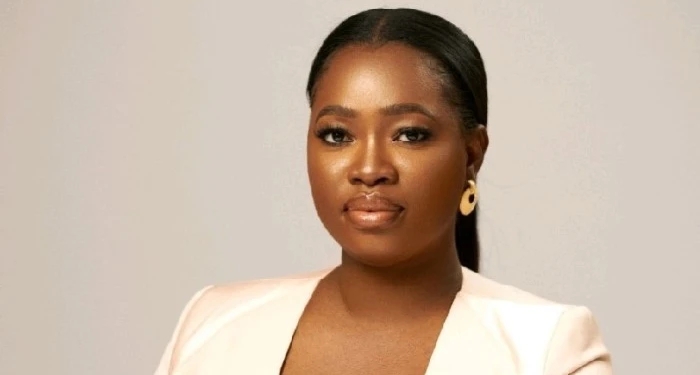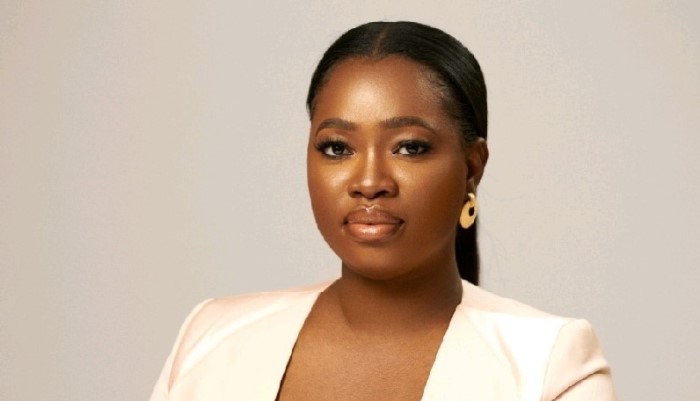Key highlights
- Damilola Olokesusi, the CEO and co-founder of Shuttlers emphasized that it is important for female founders to start with their little resources and be lean.
- Female founders should not be desperate to get investors until their business has gained traction and is having recurring revenue.
- Have a goal, and values, be disciplined and learn from the financial mistakes others who have gone ahead of you have made.
Damilola Olokesusi is the co-founder and CEO of Shuttlers, a Nigerian technology-driven transportation startup.
She spoke about the importance of female founders having a financial goal and a disciplined culture with their finance by starting small and building traction first in their business before sourcing for investors.
She indicated that prior to Shuttlers getting its first grant, the business had already started to generate revenue up to the grant amount.
She stated this and more on Saturday during a webinar themed: Building a strong Financial Foundation: Essential Personal Finance Guide for Women.
The webinar was sponsored by Nairametrics in partnership with PlusTV in recognition of this year’s International Women’s Day and Global Money Week.
Her entrepreneurial journey and guiding principles
Damilola shared her journey as an entrepreneur and the sacrifices she had made. She stated that she had guiding principles towards that journey and developed a disciplined culture.
Interestingly, her customers became her first investors. She had already formed a disciplined culture of learning how to turn little into plenty. So eventually, when the business got funding, it was easy to continue with that same discipline.
She said:
- “My financial journey as an entrepreneur was initially inspired by a principle that was shared with me in 2009, which is to start small or dream big.”
- “So initially, the dream was huge because we wanted a business as big as Air BnB, or Uber. We did not think it would be capital intensive at the beginning because the idea was to start as lean as possible.”
- “I started with some N200,000, which my mum gave me to rent a place in Surulere. I was duped by the landlord and was able to get N150,000 back, and was left to squat with a church member and instead use the money instead to build the business’ first website.”
- “When I tried to raise funds, I couldn’t get people who believed in me, so I turned my customers into my investors. I found a way for customers to pay us before we even deliver the products to enable us to deliver the products and pay our suppliers.”
How to manage your money as a woman
She started by saying that there are so many responsibilities that women have, so it’s essential to draw the line in meeting all one’s basic needs and obligations and then save for the rainy day. She said:
- “I think the number one thing is the values and discipline, being able to say no because you have a budget and need to plan. Also, you know your goal and how to get there.”
- “Have a project concerning your personal or your business finances, be disciplined enough to follow it, and you will learn how to delay gratification”
- “This helps to draw the line because day in and day out there are many distractions and there are still responsibilities for managing a business, family or friends that you need to support.”
Financial habits to be imbibed early on
Financial habits have to be imbibed early on. It is essential to know what you want to become in life and have a vision, and work towards it.
- “In secondary school, I was good in Maths and Chemistry, so the goal then was to study Chemical Engineering Engineering, which I did, and then work in an oil and gas company.”
- “However, along the line, I attended Daystar Leadership Academy at 19, where I learned about goals, mission, purpose, and that I was on the earth for a particular time. So I had to take control of my life.”
- “I also realized that if you want to build a legacy, make an impact, and help people, then you need to be disciplined. So I learned from my older sibling and parents, and what they did right or wrong in their life served as a guide for me”.
Angel investors as viable investment options
According to Damilola, when you have an investor, it is both a high-risk and high-reward venture. She pointed this out by saying:
- “At the pre-seed or seed stage, when angel investors come in, it is not an equity investment yet, so they either use a safe instrument or convert a loan. You just sign off some papers, and that is it. You would not have any evidence of owning shares in the company”
- “So you may need to opt for other funding options if you do not want to take that high risk. You can raise, say, $50,000 from 10 individuals who give you $5000”
- “You can also use your community and customers to raise funds as they become angel investors”
- “I have also invested in a friend’s business. Such a business, in the next four years, could become huge, and the exit strategy would be to sell it off, put it up for an IPO, or act as additional funding. So it’s an excellent opportunity either as an entrepreneur or founder. There are also crowdfunding platforms where individuals can contribute anything to someone’s business”
How Shuttlers was able to raise $1.6 million in 2021
Damilola advises that every person’s journey is very peculiar to them, so it doesn’t have to be one size fits.
She recounts that one of the first seed funds Shuttlers received was a 3 million naira grant won in a competition. However, the business had already started generating revenue, so there was no desperation to get an investor.
She advises founders who need to raise funds to:
- “Bring an investor with the same value with you so that you will not be frustrated and your business would not be damaged”
- “The number one thing is to get traction by recurring revenue and paying customers month after month.”
- “Having a nice app, website, and pitch deck without revenue is not a business yet. Investors want to see revenue, a dedicated team, and a business idea that is a real solution to a real problem.”
- “To attract investors, founders should ensure that they understand the unit economics of the business and all revenues pass through the business account right from the start.”
She concludes by saying that it is important to have a goal to measure your progress. That is, have goals towards savings, investments, and running a business and towards everything in life.











.gif)






